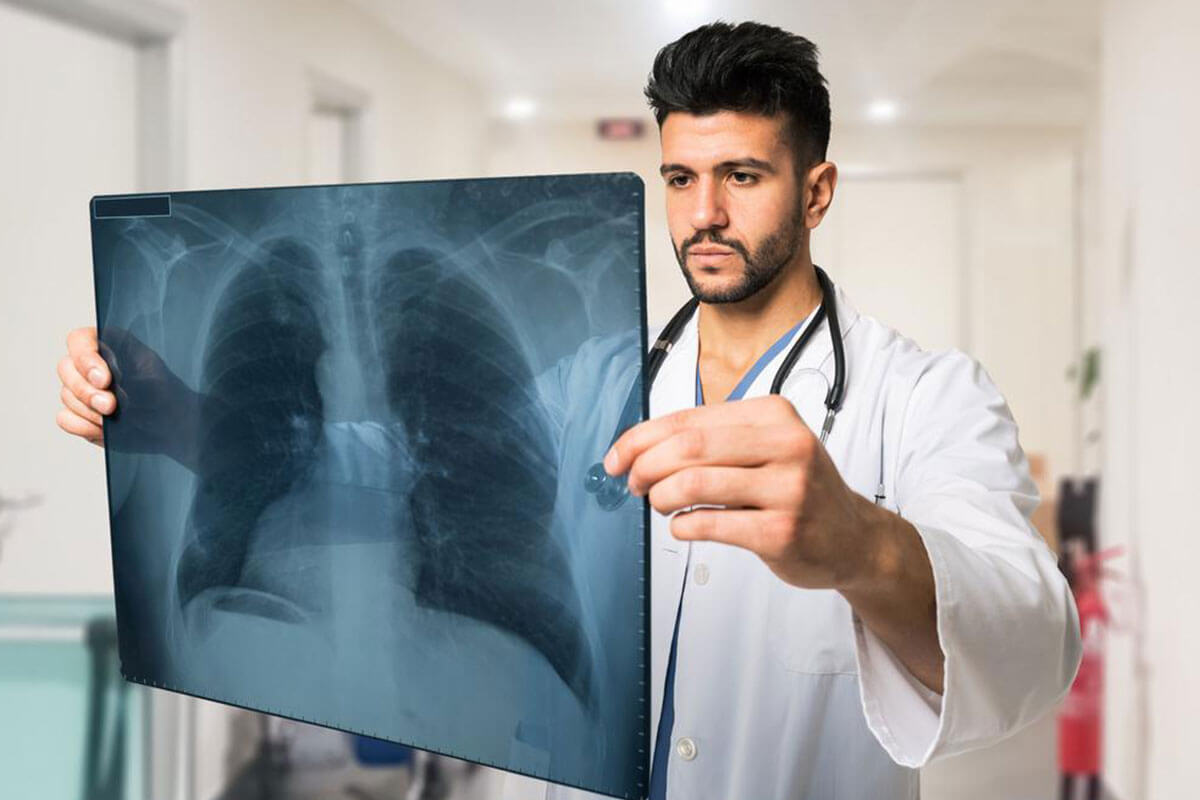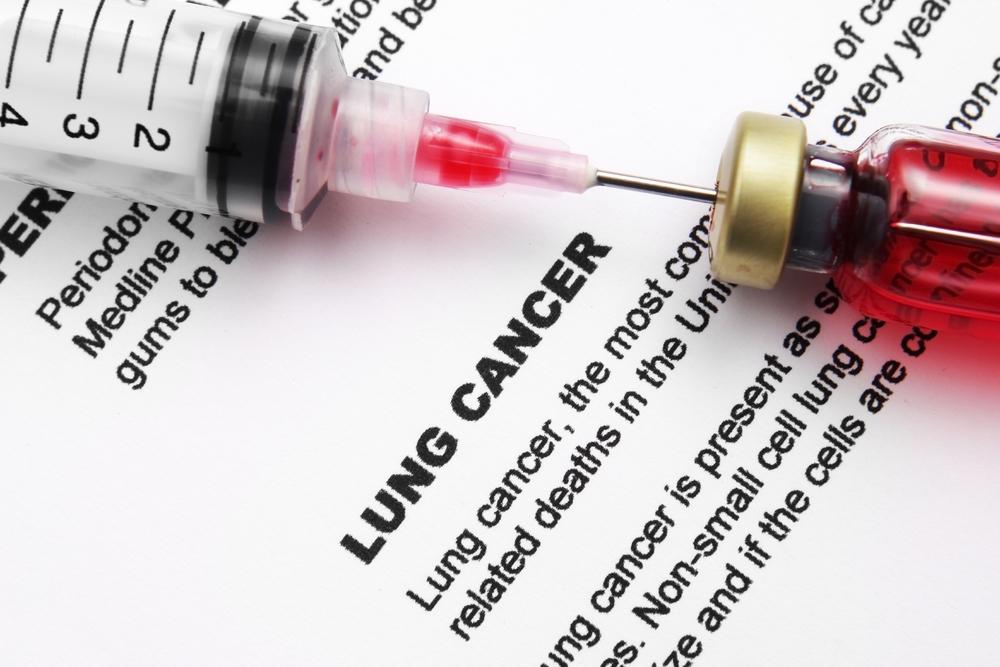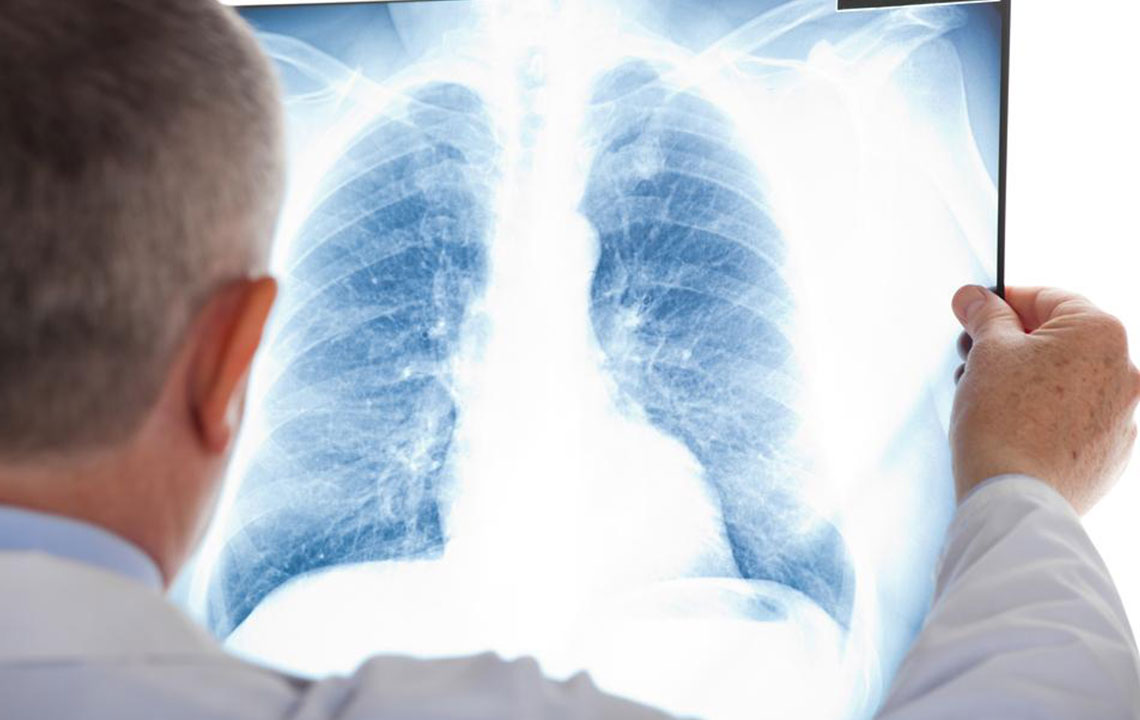Comprehensive Guide to Mesothelioma: Types, Symptoms, and Treatments
This detailed overview of mesothelioma explains its types, symptoms, and treatments. It emphasizes diagnostic processes, survival rates, and the importance of early intervention. The article aims to educate readers about this rare cancer linked to asbestos, highlighting the challenges and approaches to managing each form. Whether for patients or caregivers, the content provides essential insights into mesothelioma's complexity, prognosis, and available therapies, fostering awareness and proactive health decisions.

Comprehensive Guide to Mesothelioma: Types, Symptoms, and Treatments
Mesothelioma is a rare but aggressive cancer affecting the lining of vital organs such as the lungs, abdomen, and heart. It is primarily linked to asbestos exposure. There are three primary types of this disease.
Pleural mesothelioma develops in the lining around the lungs. It commonly causes breathing difficulties, chest pain, and shortness of breath. Inhaled asbestos fibers are often responsible for this form.
Pleural mesothelioma treatment often involves surgery to remove tumors, possibly including part of the lung, combined with chemotherapy and radiation. The average survival is about one year, though this varies with disease spread. Peritoneal mesothelioma occurs when asbestos fibers are swallowed, reaching the abdominal lining. Symptoms include abdominal swelling, pain, loss of appetite, and unexplained weight loss.
Treatments include cytoreductive surgery with HIPEC, chemotherapy, and radiation. Patients with peritoneal mesothelioma generally have a slightly better prognosis compared to other types. The third and rarest form, pericardial mesothelioma, affects the lining around the heart. Symptoms like chest pain, fluid buildup, and arrhythmia are common. Surgery such as pericardiectomy is possible, but prognosis remains poor due to tumor location and high risks.
Note:
Our articles aim to provide valuable insights across various topics. While based on thorough research, they should not replace professional medical advice. The information may not cover all available schemes or offers. Users should verify details independently.










